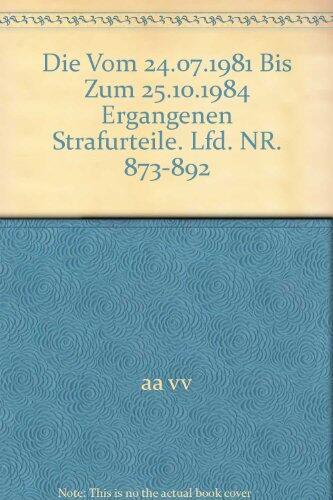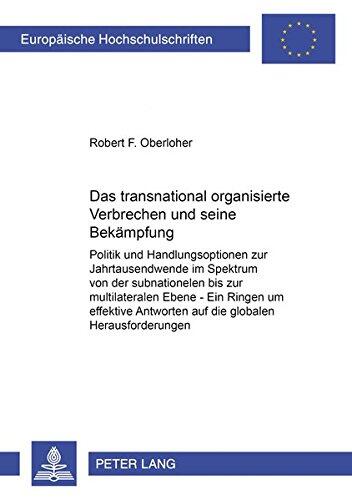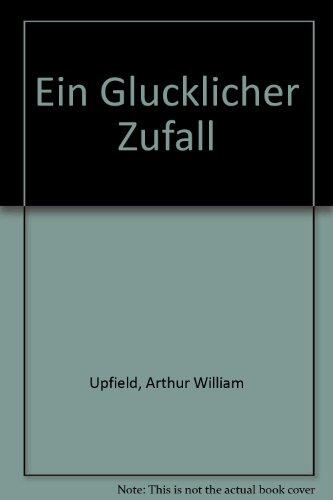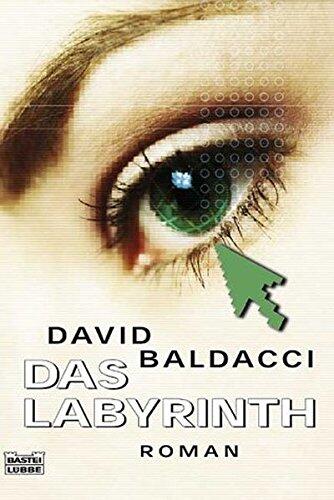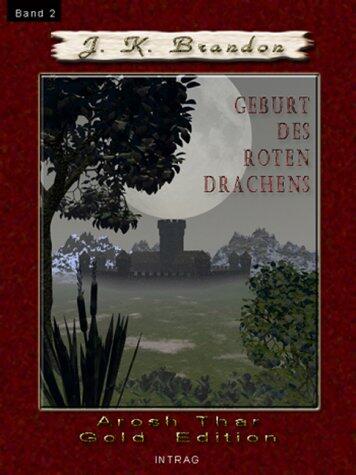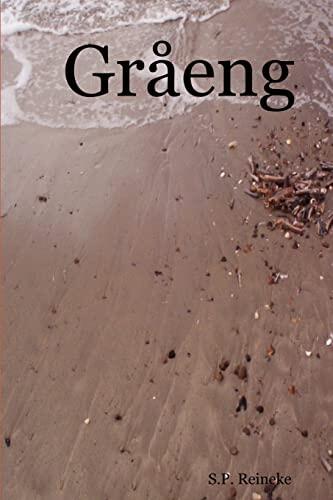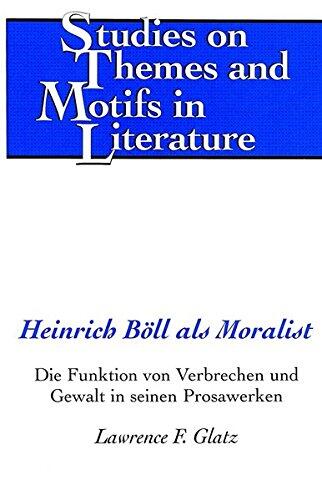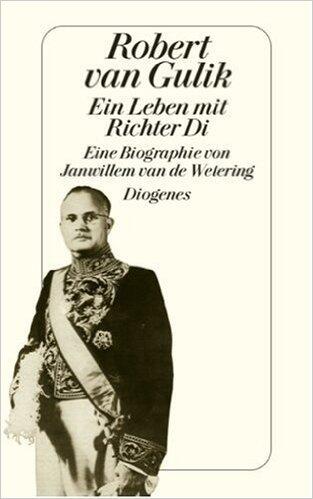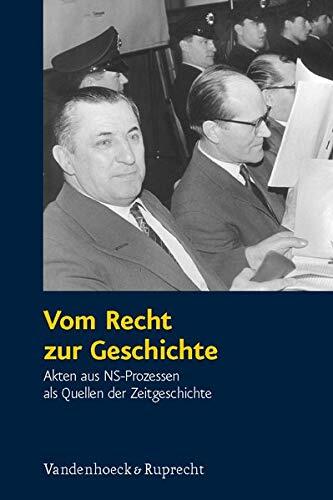
Vom Recht zur Geschichte: Akten aus NS-Prozessen als Quellen der Zeitgeschichte
Pas encore d'évaluations
Mystery
Action & Adventure
History
Format
Broché
Pages
301
Langue
Allemand
Publié
Dec 31, 2009
Éditeur
Vandenhoeck & Ruprecht Gmbh & Co
ISBN-10
3525355009
ISBN-13
9783525355008
Description
This book delves into the significance of documents from Nazi trials, revealing their valuable contribution to the understanding of contemporary history. The authors meticulously analyze how these legal proceedings have transformed into critical sources for researchers exploring the intricate web of events during and after World War II. They shed light on the multifaceted nature of justice and the historical narratives that have emerged from these trials.
Through a comprehensive examination of these documents, the authors provide readers with insights into the legal frameworks and societal reactions surrounding the prosecution of war criminals. They explore how these trials not only addressed the crimes committed but also shaped the collective memory of the era. By highlighting the interplay between law and history, the authors argue for the importance of these records in piecing together the complex aftermath of the Nazi regime.
Furthermore, the book invites readers to consider the implications of these trials on the development of modern jurisprudence and human rights discourse. It encourages a deeper reflection on how historical accounts are constructed and the role that legal documentation plays in this process. By synthesizing historical analysis with legal scholarship, the authors present a nuanced perspective on an often overlooked aspect of post-war history.
In offering this detailed exploration, the authors contribute to ongoing discussions about memory, justice, and the importance of archival resources in shaping our understanding of history. Their work serves not only as a valuable resource for scholars but also as an engaging text that prompts broader reflections on how societies confront past atrocities.
Through a comprehensive examination of these documents, the authors provide readers with insights into the legal frameworks and societal reactions surrounding the prosecution of war criminals. They explore how these trials not only addressed the crimes committed but also shaped the collective memory of the era. By highlighting the interplay between law and history, the authors argue for the importance of these records in piecing together the complex aftermath of the Nazi regime.
Furthermore, the book invites readers to consider the implications of these trials on the development of modern jurisprudence and human rights discourse. It encourages a deeper reflection on how historical accounts are constructed and the role that legal documentation plays in this process. By synthesizing historical analysis with legal scholarship, the authors present a nuanced perspective on an often overlooked aspect of post-war history.
In offering this detailed exploration, the authors contribute to ongoing discussions about memory, justice, and the importance of archival resources in shaping our understanding of history. Their work serves not only as a valuable resource for scholars but also as an engaging text that prompts broader reflections on how societies confront past atrocities.
Avis
Aucun avis pour le moment
Soyez le premier à donner votre avis sur ce livre et partagez vos pensées
Ajouter le premier avisJournal de lecture
Aucun journal de lecture trouvé
Commencez à suivre vos progrès de lecture pour voir les journaux ici
Ajoutez votre premier journal de lectureNotes
Journal des transactions
Aucun journal de transactions trouvé
Commencez à suivre vos transactions de livres pour voir les journaux ici
Ajoutez votre premier journal de transactions


